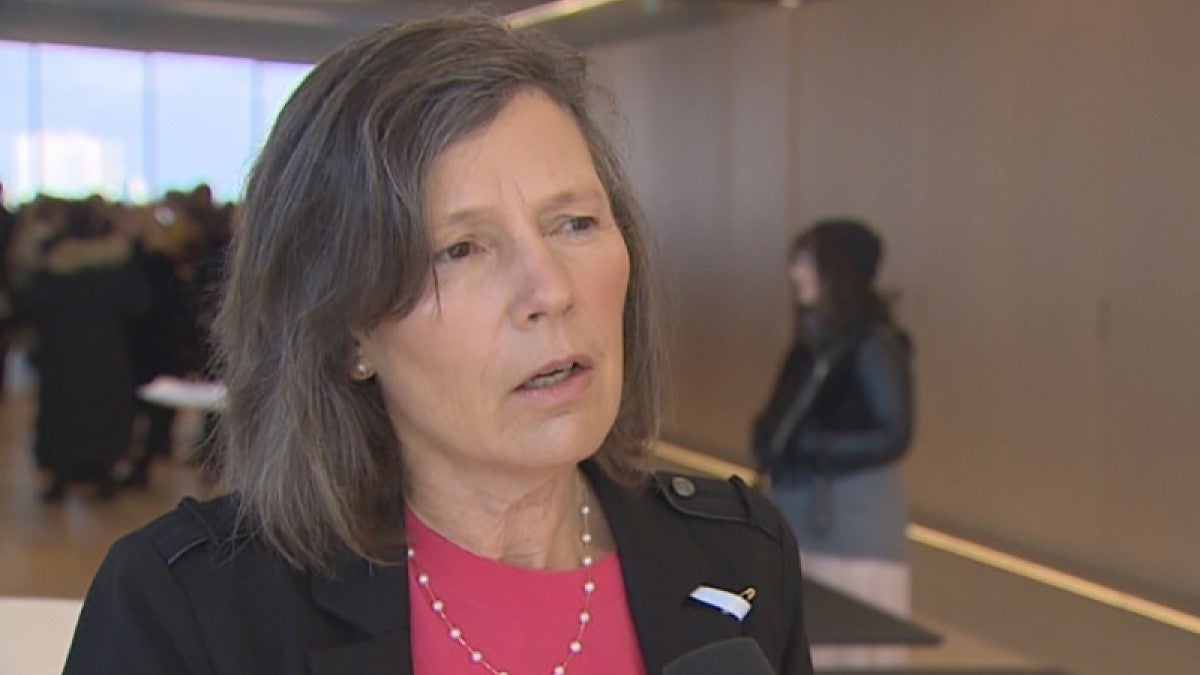UO psychologist Jennifer Freyd will spend the 2018-19 academic year at Stanford University, where she will expand her research on institutional betrayal.
Freyd is among at least 37 scholars from 31 U.S. and international institutions chosen as fellows of Stanford’s Center for Advanced Study in the Behavioral Sciences. It is second time Freyd has been chosen.
As a fellow in 1989-90, she launched her theory of betrayal trauma, in which a person has been wronged by a person of trust. That notion has evolved to encompass the idea that individuals can be betrayed by their institutions. That often arises in cases of sexual harassment and assault but also shows itself in a government failure to respond fairly in a crisis, such as what occurred after Hurricane Maria last year in Puerto Rico, she said.
In her upcoming fellowship, Freyd will collaborate with at least two other incoming fellows on a project called “Interdisciplinary Perspectives on Sexual Violence: Individual, Institutional and Structural Forces.” She is also exploring a new collaboration with her colleagues in the Department of Psychiatry and Behavioral Sciences in the Stanford School of Medicine, where she is a visiting scholar.
It is hoped, Freyd said, that her collaborative work at Stanford will lead to approaches that will help institutions show courage through actions that reduce harm and the likelihood of future violence.
Freyd, who joined the Department of Psychology in 1987, will continue much of her UO-based research, direct her UO lab and mentor her doctoral students during her fellowship. She earned a doctorate in psychology from Stanford in 1983.
The incoming class of fellows at Stanford will conduct research in fields within or intersecting the social and behavioral sciences. Since the Center for Advanced Study in the Behavioral Sciences was founded in 1954, some 2,700 fellows have explored important issues and forge solutions. Former fellows include 26 Nobel Laureates, 24 Pulitzer Prize winners, 51 MacArthur fellows and 26 National Medal of Science winners.


